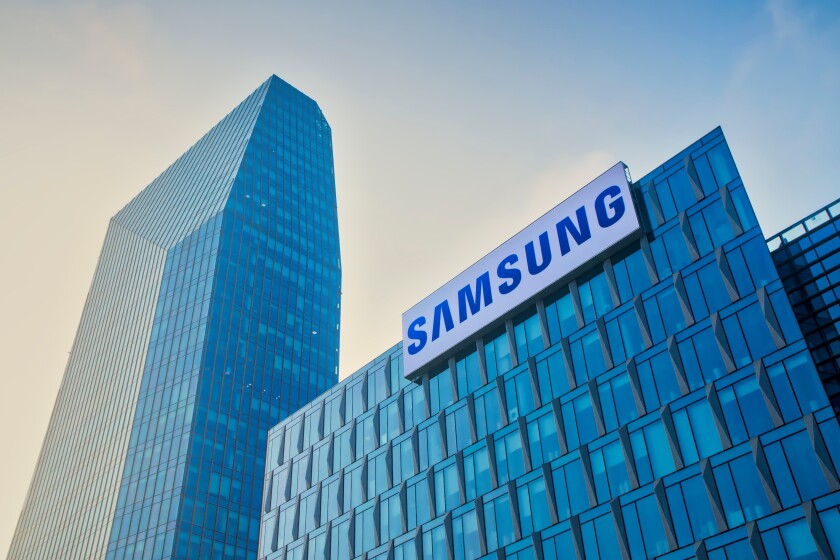InterDigital announced three new patent licences today, January 3, including a deal with Samsung that includes a binding arbitration process to set a royalty rate.
InterDigital and other standard essential patent (SEP) owners have publicly challenged implementers to enter into arbitration to resolve their SEP disputes. However, implementers have not always been keen.
Lord Justice Richard Arnold, a judge at the England and Wales Court of Appeal, has also promoted arbitration as a solution to what he recently called the dysfunctional state of SEP dispute resolution.
Samsung’s previous licence, which covered cellular wireless and video technology patents, expired on December 31.
“While we always prefer to conclude our licence agreements through amicable good faith negotiation, independent binding arbitration provides an effective mechanism for resolving licensing disputes,” said Liren Chen, CEO and president of InterDigital.
“I welcome Samsung’s willingness to enter into a new licence with us and their commitment to work through the remaining issues in arbitration,” Chen added.
Implementers have not always been ready to enter into arbitration, with parties frequently going to court or before other statutory bodies in disputes over rates, essentiality, and validity.
InterDigital today also announced new licensing deals with LG and Panasonic, covering products including TVs and computers. There is no indication those deals also involve arbitration.
Elsewhere, the US-based R&D firm is facing a lawsuit from Swiss semiconductor company U-Blox, which accused InterDigital of refusing to license 3G and 4G patents on fair, reasonable, and non-discriminatory terms.











